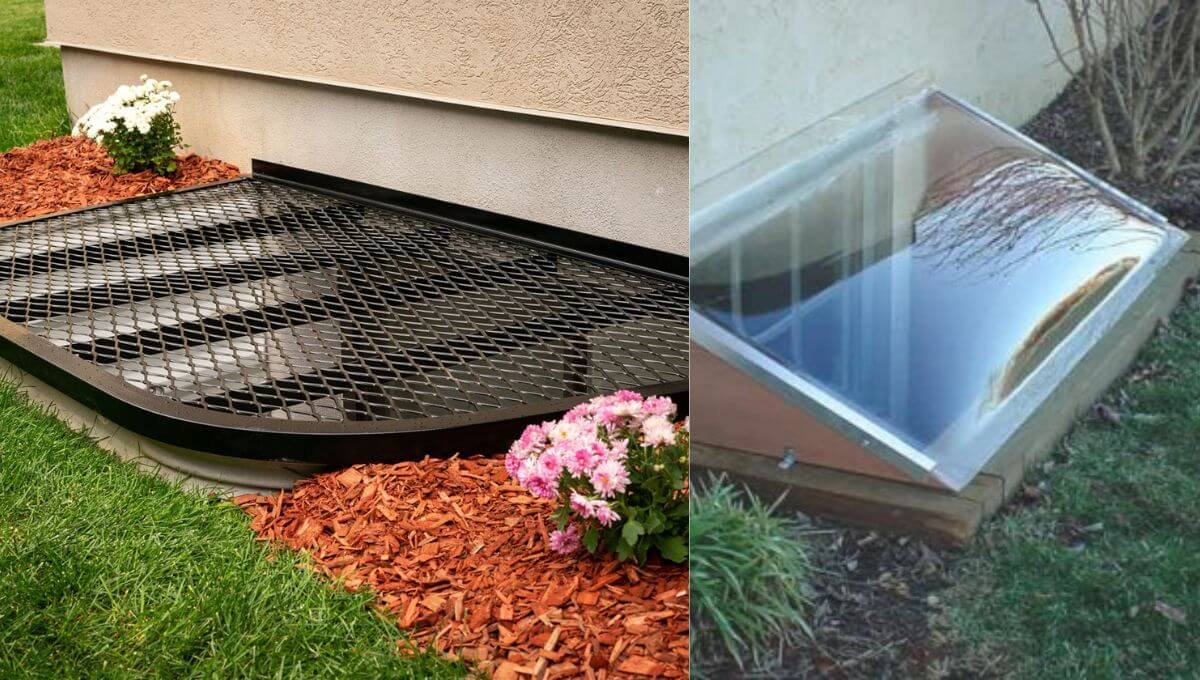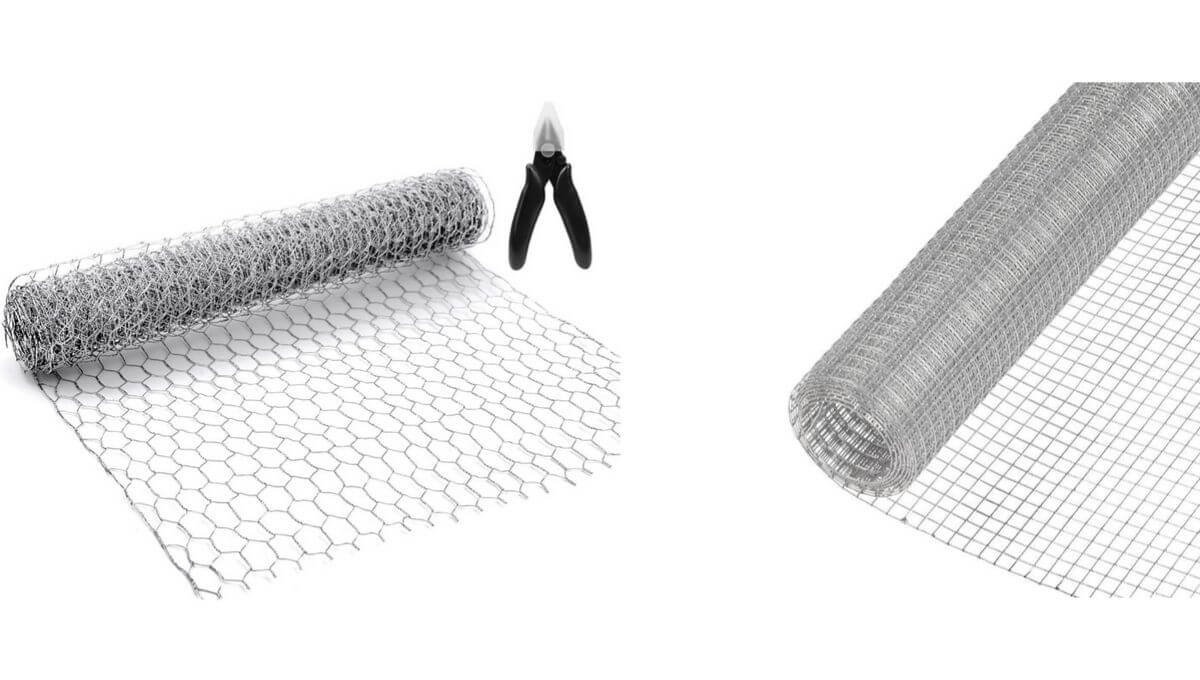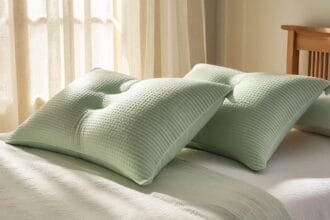When it comes to home improvement projects, adding or replacing screens on windows is a common task that can significantly enhance your living experience.
Screens provide numerous benefits, including keeping bugs out, allowing fresh air in, and even providing a slight barrier against the sun’s rays. But how much do screens on windows cost?
In this article, I will delve into the various factors that affect the cost of window screens, providing a comprehensive guide to help you budget for this project.
Adding or replacing window screens might seem like a minor upgrade, but it can make a huge difference in the comfort and functionality of your home.
Whether you’re dealing with old, worn-out screens or looking to install screens on windows that have never had them, understanding the costs involved is crucial.
This guide will walk you through the various types of window screens, the factors that influence their cost, and tips for making the most out of your investment.
Factors Influencing the Cost of Window Screens
Several factors can impact the cost of window screens, including the type of screen, material, size, and whether you opt for DIY installation or professional services.
Type of Window Screens
There are several types of window screens to choose from, each with its unique features and price points:
Standard Fiberglass Screens: The most common and affordable option.

Aluminum Screens: Durable and slightly more expensive than fiberglass.

Pet-Resistant Screens: Made from tougher materials to withstand pets’ claws.

Solar Screens: Designed to block sunlight and reduce energy costs.

Retractable Screens: Can be rolled up when not in use, offering flexibility and convenience.

Material of Window Screens
The material of the screen plays a significant role in the overall cost. Here’s a breakdown of common materials:
- Fiberglass: Inexpensive and widely used, but less durable.
- Aluminum: More durable and resistant to rust, but pricier.
- Stainless Steel: Extremely durable and resistant to damage, but the most expensive.
- Polyester: Used in pet-resistant screens, offering a balance between cost and durability.
Size and Quantity
The size and number of windows you need to screen will also affect the cost. Larger windows and a greater number of windows will naturally require more material and labor, increasing the overall expense.
DIY vs. Professional Installation
Opting for DIY installation can save money, but it requires time and effort. Professional installation ensures a perfect fit and finish, but at an additional cost. Weighing these options will depend on your budget and comfort with DIY projects.
Cost Breakdown
To give you a clearer idea, let’s look at the typical cost ranges for different types of window screens.
| Type of Screen | Material Cost (per square foot) | Professional Installation Cost (per screen) |
|---|---|---|
| Standard Fiberglass | $0.25 – $0.50 | $20 – $50 |
| Aluminum | $0.50 – $1.00 | $25 – $75 |
| Pet-Resistant | $1.00 – $2.00 | $30 – $80 |
| Solar | $1.00 – $2.00 | $30 – $80 |
| Retractable | $20 – $50 (per unit) | $100 – $300 |
Example Calculation
For a house with 10 standard-sized windows (3 ft x 5 ft) and opting for aluminum screens with professional installation, the calculation would be:
- Material cost: 10 windows x 15 square feet/window x $0.75 (average cost) = $112.50
- Installation cost: 10 windows x $50 (average cost) = $500
- Total Cost: $612.50
Additional Costs to Consider
When budgeting for window screens, keep in mind additional costs that might arise:
Frame Replacement or Repair
If your existing window frames are damaged or in poor condition, you might need to repair or replace them, which can add to the overall cost.
Custom Screens
Custom screens for uniquely shaped or sized windows can be more expensive due to the specialized work required.
Maintenance
Some screen materials may require regular maintenance to keep them in good condition. For instance, aluminum screens might need occasional cleaning to prevent oxidation.
Tips for Saving Money
Here are some tips to help you save money on window screens:
- Bulk Purchase: Buying screens in bulk can sometimes qualify you for discounts.
- Seasonal Sales: Look out for seasonal sales or promotions from home improvement stores.
- DIY Installation: If you’re handy, consider installing the screens yourself to save on labor costs.
- Shop Around: Get quotes from multiple suppliers and contractors to ensure you’re getting the best deal.
The Bottom Line
Window screens are a worthwhile investment that can enhance the comfort and functionality of your home.
While the cost can vary based on factors like material, size, and installation method, understanding these elements can help you make informed decisions and budget effectively.
Whether you opt for the affordability of fiberglass, the durability of aluminum, or the convenience of retractable screens, there are options to suit every need and budget.
By considering the factors discussed in this article, you can ensure you get the best value for your money when purchasing window screens.
Window screens might seem like a small detail, but they play a crucial role in improving your home’s livability. With the right information and a bit of planning, you can find the perfect screens for your windows without breaking the bank.
Frequently Ask Questions
What are the benefits of using solar window screens?
Solar window screens help reduce heat gain from the sun, lower energy bills by improving insulation, and protect furniture and interiors from UV damage.
Can I replace only the screen material and keep the existing frame?
Yes, if the frame is in good condition, you can replace just the screen material, which can save money compared to buying a completely new screen.
How do I clean my window screens without damaging them?
To clean window screens, remove them from the window, gently scrub with a soft brush and soapy water, rinse with a hose, and let them dry completely before reinstalling.
Are pet-resistant screens visible from the outside?
Pet-resistant screens are designed to be durable yet visually similar to regular screens, ensuring they do not obstruct the view or aesthetic of your windows.
How long do window screens typically last?
The lifespan of window screens varies by material: fiberglass screens last 10-15 years, aluminum screens 20 years or more, and stainless steel screens can last even longer with proper maintenance.
Can I install window screens on older windows?
Yes, window screens can be custom-made to fit older windows. Measurements should be accurate, and you may need to consult with a professional for best results.
Do window screens provide any security benefits?
While window screens primarily serve to keep insects out and allow airflow, certain types like security screens are reinforced and can provide an additional layer of protection against break-ins.







